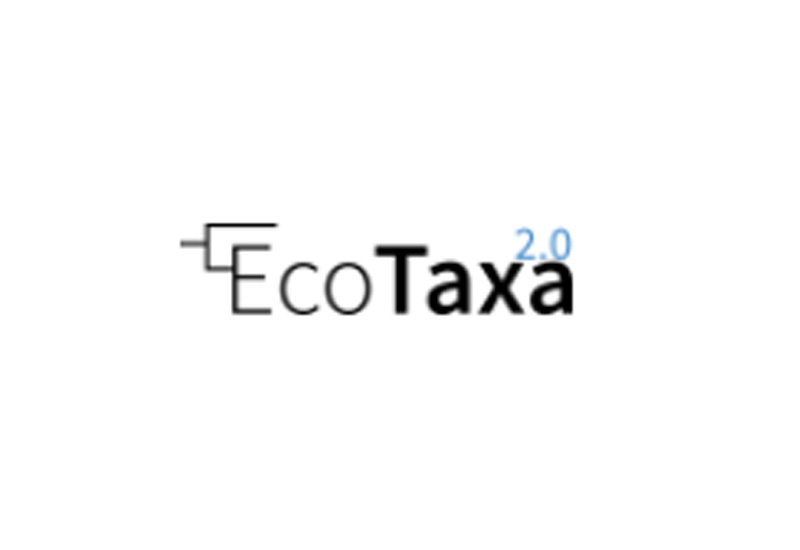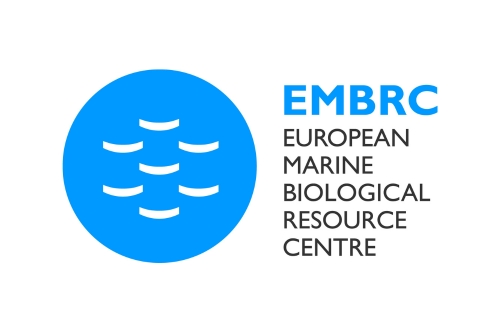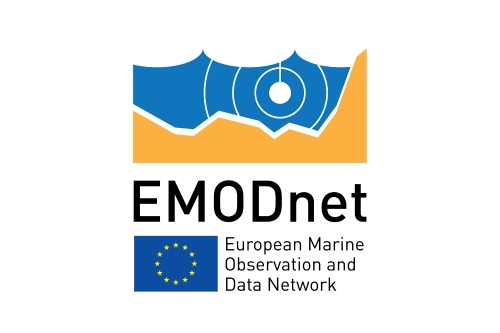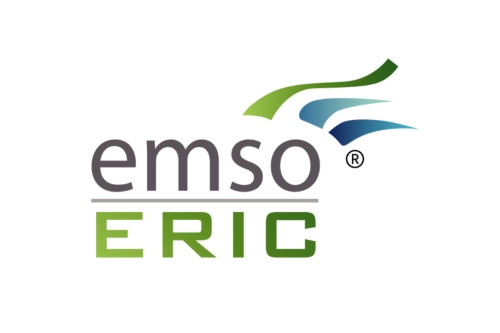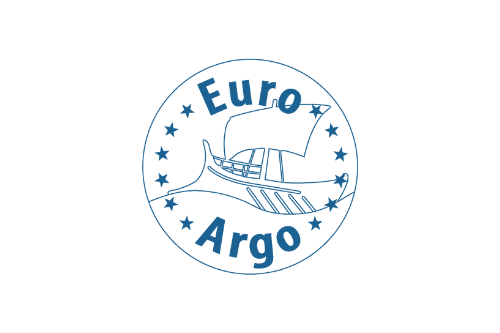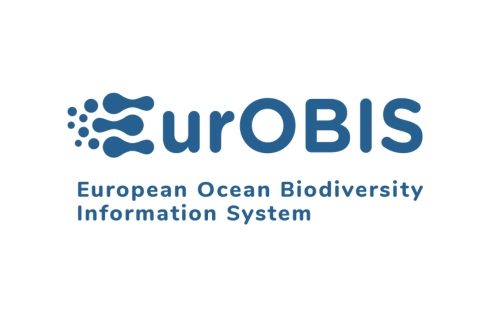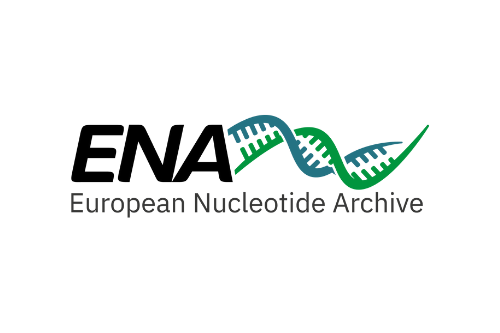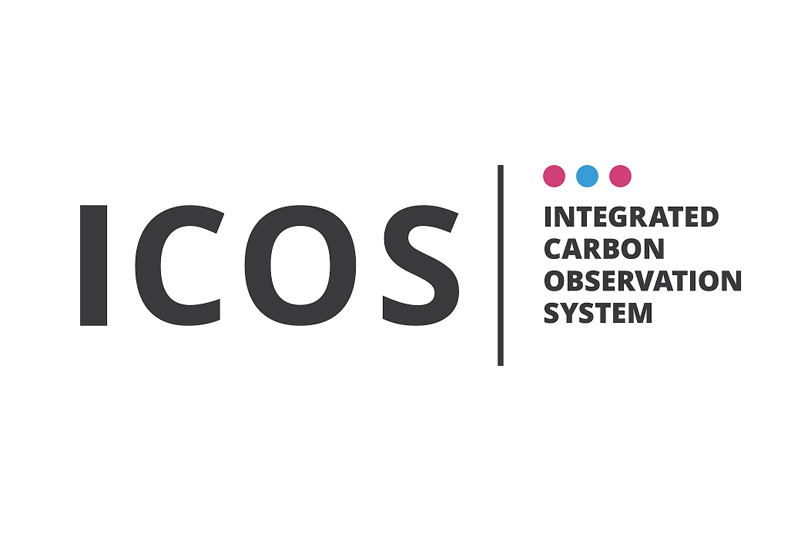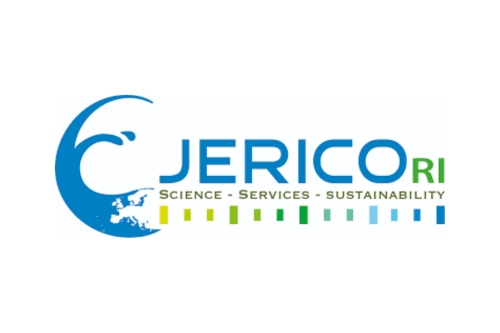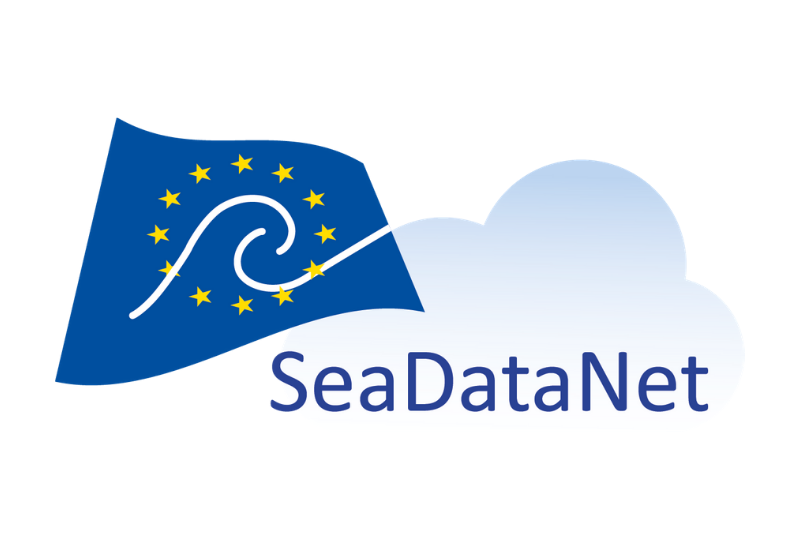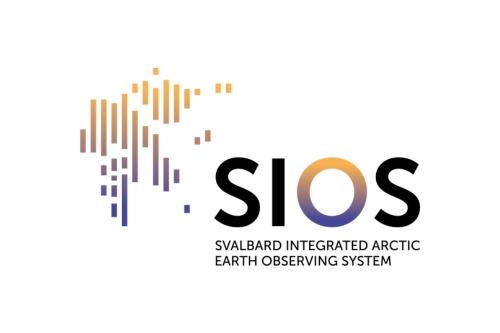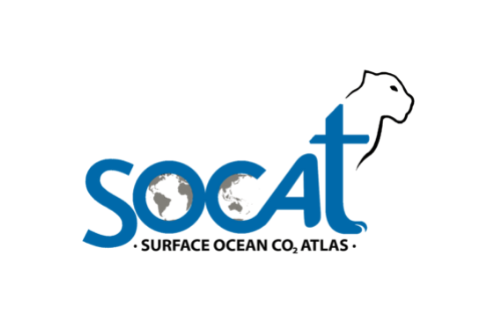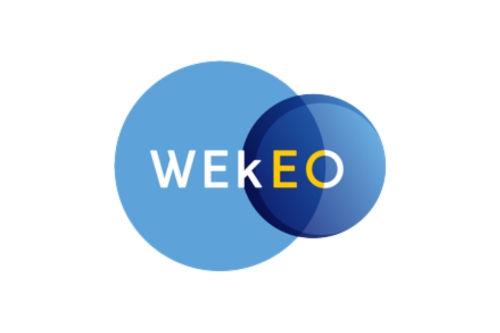Data infrastructures
In the European landscape of marine and ocean data management great progress has been made during three decades with developing standards, services, and establishing dedicated infrastructures. These infrastructures provide services for discovery and access to collected marine in-situ and remote sensing data and for ensuring long term stewardship. This has resulted in establishing leading European marine data management infrastructures such as COPERNICUS C3S, COPERNICUS CMEMS, ELIXIR-ENA, EMODnet, Euro-Argo, Argo GDAC, EuroBioImaging, EurOBIS, ICOS-Marine and SeaDataNet. Datasets from these infrastructures are available via the Blue-Cloud Data Discovery & Access Service.
Blue-Cloud federates these infrastructures to create a trusted virtual space where scientists can access the ocean data, tools, services and research outputs they need to perform research in a more efficient way.
The pilot Blue-Cloud project federates the following Blue Data Infrastructures. (BDIs):
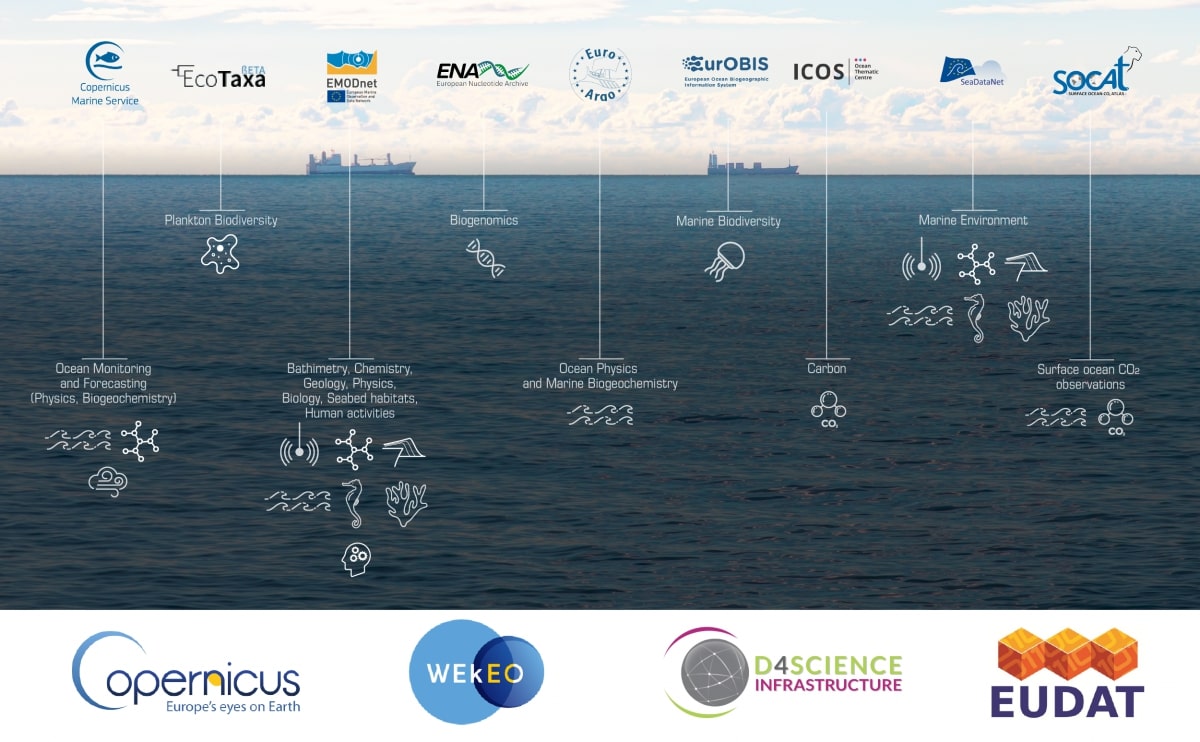
EcoTaxa
EMBRC-ERIC
EMODnet
EMSO-ERIC
Euro-Argo ERIC
EurOBIS – EMODnet Biology
European Nucleotide Archive (ENA)
ICOS – Marine
JERICO-RI
The main purpose of JERICO-RI is to enable a sound understanding of the responses of coastal marine systems to natural and anthropogenic stressors. To do so, JERICO-RI adopts a systematic approach to monitor, observe, explore and analyse coastal marine systems in order to reach reliable information of their structure and functioning in the context of global change. JERICO- RI encompasses the whole range of environmental sciences, technologies, and data sciences.
